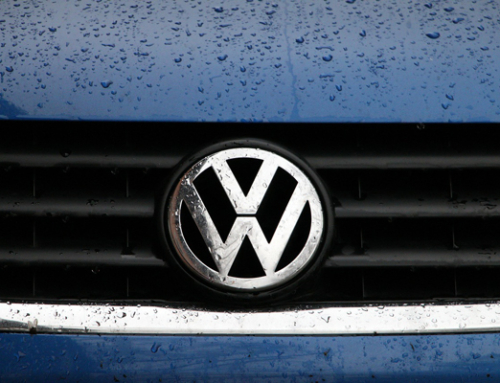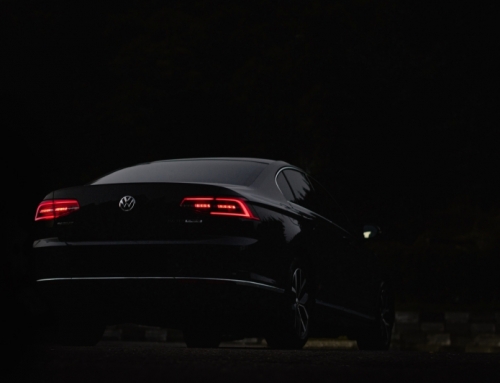A casual Internet search reveals many forums about Volkswagen misfires. If your new or old Volkswagen makes strange sounds, sputters, loses power, or struggles to perform, you could have a problem with misfires. Ottohaus of Charleston is your local VW repair shop in the Low Country that can professionally diagnose the problem causing misfires and solve it promptly.
Why Is My VW Engine Misfiring?
Most VW vehicles demonstrate these common problems that cause misfiring.
Ignition System Problems
Misfiring is primarily an ignition system problem. The ignition system is responsible for causing the coils or spark plugs to fire and ignite the fuel-air mixture inside the engine cylinders to create combustion and resulting power. Problems in the ignition system can cause misfires.
The most common cause of misfiring is faulty spark plugs or ignition coils. These components wear out over time, although they are manufactured to last as long as 100,000 miles. The electrode gap on plugs can wear and become too wide so sparks cannot bridge the gap. Rust, oil, and corrosion can build up and prevent proper firing.
Older VW cars have spark plugs and wires. Newer models have ignition coils with integrated plugs. Either way, these components can fail and begin misfiring or even stop firing altogether.
Restricted Airflow
An adequate flow of air is essential to facilitate fuel-air combustion. Restricted airflow reduces the amount of air for this critical process, and excess unburnt fuel can corrode your spark plugs, causing misfires. This could be from a clogged air filter or backup exhaust from degraded catalytic converters.
Restricted Fuel Injector
The three essential components for combustion are spark, air, and fuel. Fuel injectors direct the correct amount of fuel to combine with air so the spark can ignite the mixture and cause combustion. Clogged or faulty fuel injectors that prevent this free flow of fuel can also cause misfires.
Faulty Cylinder Seal
The cylinder that houses the combustion process must have a proper seal to maintain adequate compression. The miniature explosion of combustion forces the piston downward, powering the engine. If this compressive force leaks around the piston back into the combustion chamber, this released pressure can cause a misfire.
Malfunctioning Sensor
Your well-designed Volkswagen vehicle has multiple sensors to signal when problems arise. They also signal your car’s onboard computer to make corrections when things are amiss. A malfunctioning sensor can cause the engine to try and compensate when no problem exists or cause an overcompensation when problems do exist. Any upset in the delicate fuel-air-spark balance will cause problems like misfiring.
Our Local Charleston VW Repair Shop Can Solve the Problem Promptly
Misfires cause performance problems and poor fuel economy. If left undiagnosed and unrepaired, they can allow more extensive damage. Ottohaus of Charleston is your local VW repair shop with trained and experienced technicians who can use the latest diagnostic equipment to determine the cause of misfires. We can also make quick repairs, often at between 30-40% lower than the dealer.
Contact our VW repair shop on Rittenburg Blvd. in Charleston or Highway 78 in North Charleston to schedule Volkswagen service if you suspect you have misfires.




